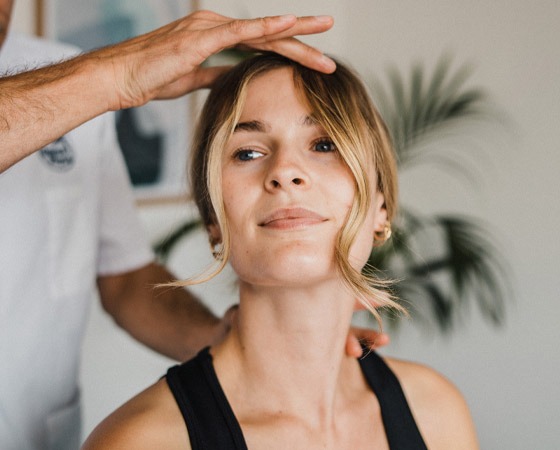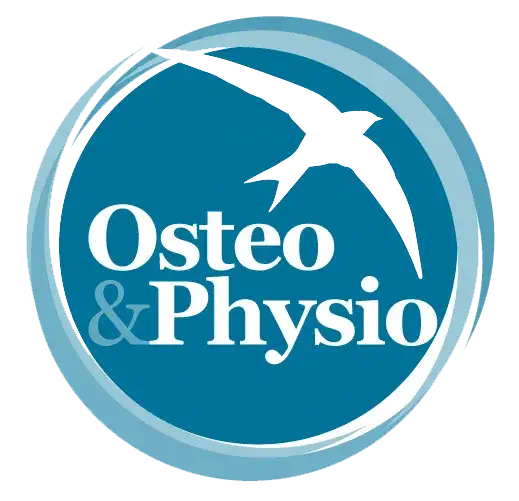Pins & Needles Or Numbness In The Hands And Feet
Paraesthesia is the medical term for pins and needles and associated symptoms such as tingling, numbness and burning sensations that are commonly felt in the hands and feet.
Paraesthesia can be transient such as when your foot falls asleep after you have been sitting on it for a while, or chronic, when there is prolonged pins and needles often with accompanying pain.

There are a variety of reasons that can lead to paraesthesia occurring in your hands and feet. Some are serious, most are not. It is vital to have a detailed medical case history and examination to determine the cause of the altered sensations. One way that paraesthesia occurs is by nerve compression. What actually happens is the blood supply is reduced to the nerve so that the sensory information that the brain receives via the spinal cord is disrupted resulting in pins and needles. Nerves can become compressed at any point from when they exit the spine to when they reach their destination at a muscle. Two good examples of diverse problems that can often result in pins and needles occurring are sciatica, where the nerve often gets trapped as it exits the spine resulting in leg and foot pain and carpal tunnel syndrome, where the nerve gets trapped local to the source of paraesthesia, in the wrist and hand.
The practitioners at Osteo and Physio in Tiverton, Cullompton and Ottery are trained to diagnose these conditions. By taking a comprehensive medical case history and using orthopaedic and neurological clinical testing we can tell you what the cause of the pins and needles is, giving you a clear diagnosis and prognosis. Should we have any doubts about the symptoms we will refer you to your GP with an accompanying letter with our clinical findings so that further investigation can take place.
There is evidence to support the osteopathic treatment of sciatica, neuralgia and circulatory problems all of which can lead to paraesthesia. We treat the body as a whole focusing on returning you back to full health where possible. This method is especially useful with symptoms such as pins and needles which can be vague and intermittent.
Good examples of this holistic approach range from the postural advice we offer – showing someone how to sit correctly so that nerves passing from the neck down into the arm do not get compressed and irritated, to dietary advice – eating more foods that contain vitamin B12 (meat, eggs) and folate (broccoli, peas) can help with paraesthesia associated with a certain type of anaemia.
The practitioners at Osteo and Physio in Tiverton, Cullompton and Ottery are trained to diagnose these conditions. By taking a comprehensive medical case history and using orthopaedic and neurological clinical testing we can tell you what the cause of the pins and needles is, giving you a clear diagnosis and prognosis. Should we have any doubts about the symptoms we will refer you to your GP with an accompanying letter with our clinical findings so that further investigation can take place.
There is evidence to support the osteopathic treatment of sciatica, neuralgia and circulatory problems all of which can lead to paraesthesia. We treat the body as a whole focusing on returning you back to full health where possible. This method is especially useful with symptoms such as pins and needles which can be vague and intermittent.
Good examples of this holistic approach range from the postural advice we offer – showing someone how to sit correctly so that nerves passing from the neck down into the arm do not get compressed and irritated, to dietary advice – eating more foods that contain vitamin B12 (meat, eggs) and folate (broccoli, peas) can help with paraesthesia associated with a certain type of anaemia.
Please call the practice if you want any further information on the causes of paraesthesia or are worried about any symptoms you may have.
To book an appointment, please give us a call on 03455577788 or use our online booking tool.
For your body to function well, its structure must also work well and be in good balance.
Treatment is individually tailored to each patient.
Advice on posture, diet and appropriate exercises are routinely given.

